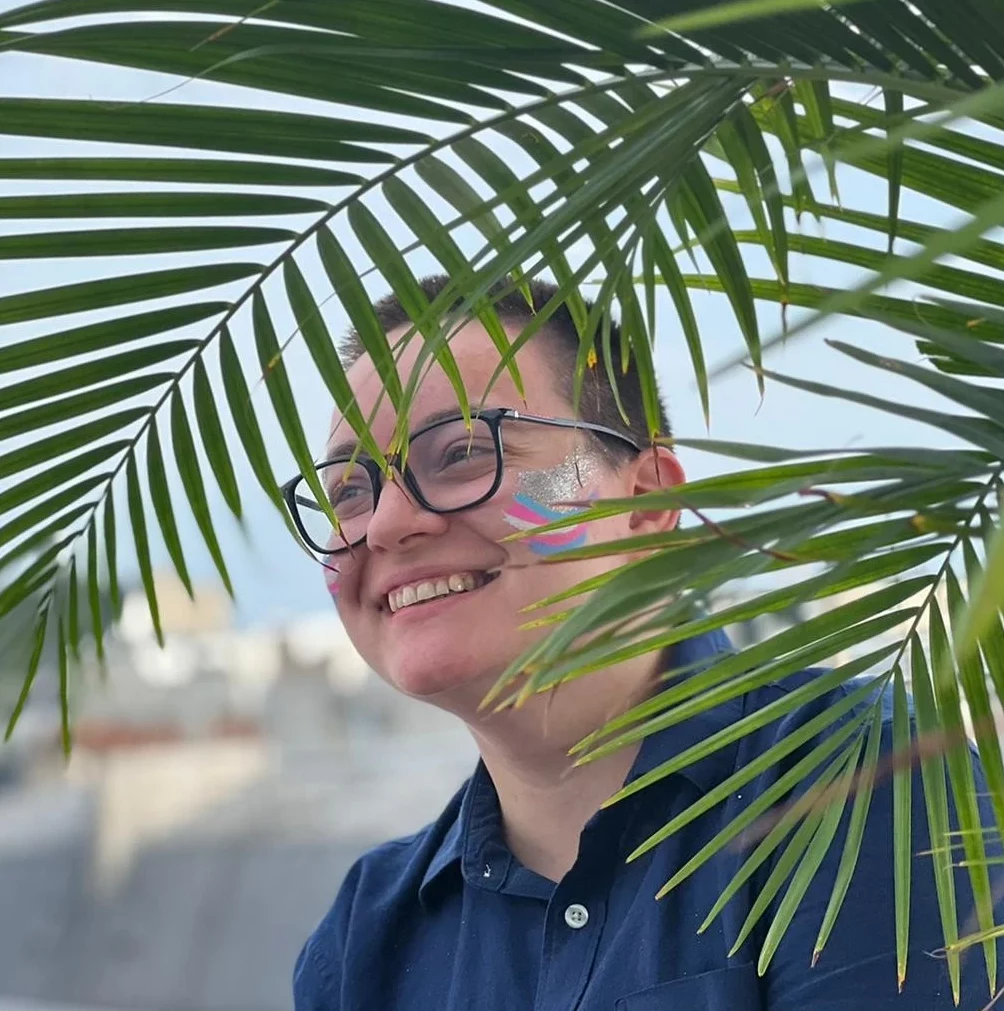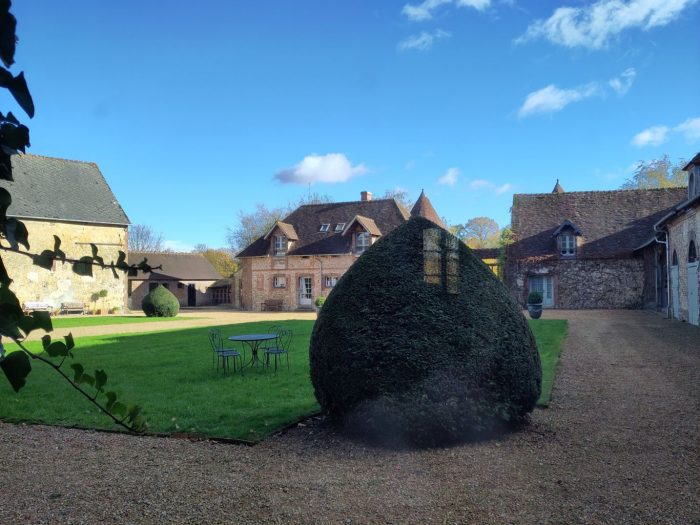someone – and I can’t remember whom at all and it’s driving me mad – recently had thoughts about how sleep is the only thing you have to pretend to do for it to happen.
you need to lie down and close your eyes and not move until your body decides it’s going to do the thing for real.
the person was saying that it’s a bit like if you wanted to eat and were forced to take a few empty bites, moving your fork around, until you managed to get your first real taste of your meal.
it’s been a couple of weeks and I still think about it.

